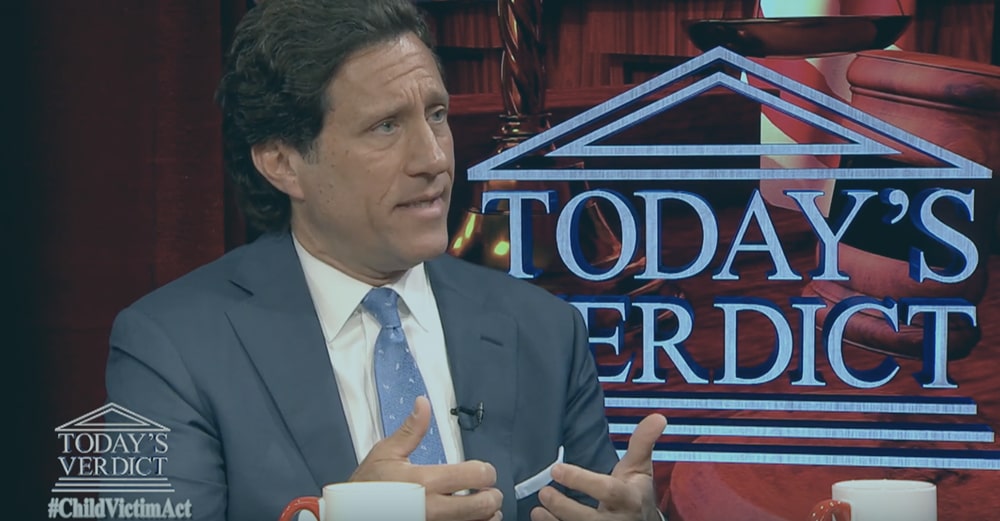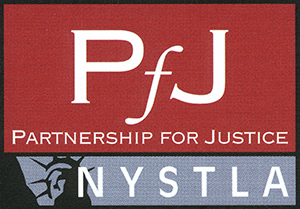Understanding Probate With and Without a Will
Posted on August 18th, 2020 by Oddo & Babat, P.C.
Family Attorney
Probate is the legal process of valuing and distributing a deceased person’s asset, whether or not a will exists. To understand how the process works, here is a breakdown of the steps for both scenarios.
With a Will
- Filing of Petition
A will’s named executor must file a petition requesting formal acknowledgment as such in the state of the deceased’s primary residence.
- Award of Executorship
The court will schedule a hearing to assign an executor or address objections after receiving the petition and a copy of the death certificate.
- Notice of Probate
After being named the executor, an individual must send written notification about the probate process to family members, beneficiaries, creditors.
- Inventory of Assets
The executor must create a detailed list of all cash and non-cash assets, including savings or brokerage accounts, real estate, art and furniture. Many executors rely on the services of professional appraisers for value assessments.
- Gathering of Bills
Before asset distribution can begin, the executor must gather all of the decedent’s financial records and pay any pending bills or negotiate waivers. Payments come out of the estate’s assets, and creating a separate estate bill-paying account can simplify this process.
- Payment of Taxes
The executor must file the decedent’s final income tax return for income exceeding $600. The IRS requires the establishment of a new tax identification number for the estate. Income taxes must be paid within nine months of the death, regardless of the standard tax filing schedule.
- Petition for Asset Distribution
When a full accounting of debts and assets is satisfied, the executor may file a petition with the state court to initiate the assets’ distribution to the will’s named heirs and beneficiaries.
- Official Closing
The estate is officially dissolved by court order when the distribution of all assets is complete. At this point, the executor’s responsibilities are fully satisfied.
Without a Will
When a will does not exist or is considered invalid for any reason, including the deceased’s mental incompetency, the court assigns an administrator who serves the same role as an executor. The administrator is usually the surviving spouse or closest living relative of the deceased and handles all debt and tax reconciliation.
The deceased’s closest living relatives receive the estate’s assets according to the laws governing succession rights. If there are no relatives to administer or claim the estate, its full value goes to the state.
An estate planning lawyer, like from the Yee Law Group, can help you establish a will to ensure your estate’s distribution according to your wishes.
Tags: Family Attorney


 I consulted with David the first time a couple of years ago on a serious matter that affected a very close member of my family. Not expecting a good experience from this serious situation coupled with an attorney consultation, the entire thing surprised me as it was pleasant, professional, and completely successful. We found him clear, direct, generous and extremely knowledgeable throughout the process. I give my very strongest recommendation
I consulted with David the first time a couple of years ago on a serious matter that affected a very close member of my family. Not expecting a good experience from this serious situation coupled with an attorney consultation, the entire thing surprised me as it was pleasant, professional, and completely successful. We found him clear, direct, generous and extremely knowledgeable throughout the process. I give my very strongest recommendation








